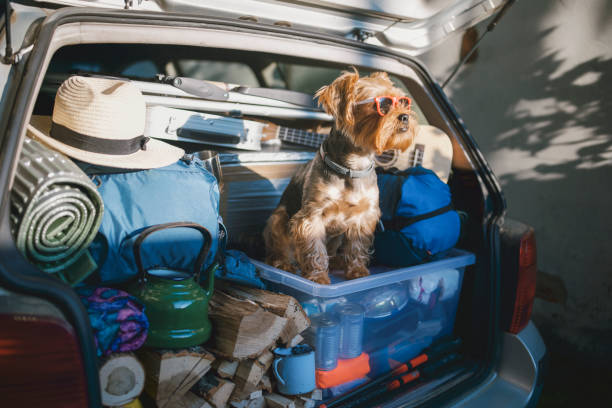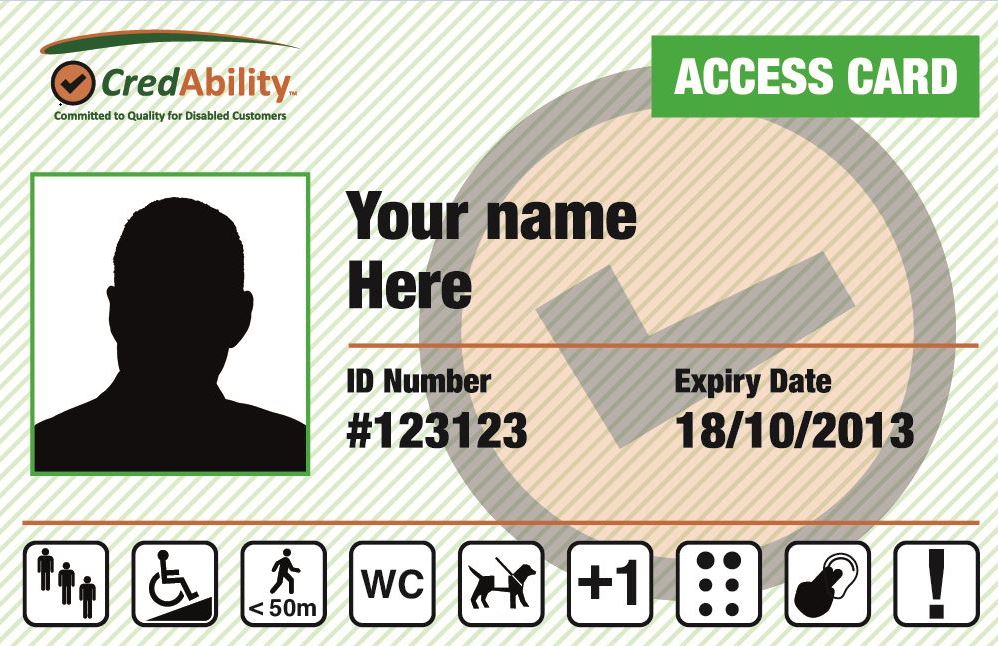
For many years the thought of planning a holiday was overwhelming. How can we meet the varying needs of all of the family? Where can we go that won’t be overwhelming? Is it worth the effort?
WHERE SHALL WE GO? One size definitely does not fit all. Here are some questions to ask yourself:
-
- Is the environment calming or overwhelming? a quiet beach town or a rural area vs busy city or theme park.
-
- Can you be flexible with activities, take breaks or slow down if needed.
-
- Are accessible options available? Some places cater for special needs, offering wheelchair accessibility, sensory-friendly rooms, or even staff trained in supporting families with differing needs.
CONSIDER THE ACCOMMODATION
-
- Many places now offer rooms with sensory-friendly features (e.g., dim lighting, quiet areas)
-
- A larger room, suite, cottage or caravan, may offer more flexibility than a hotel, especially if your child needs a quiet space to retreat to when feeling overwhelmed.
-
- Self-catering options: Having access to a kitchen or kitchenette allows you to prepare meals in a familiar setting, which can help avoid issues with food sensitivities or picky eating.
PLAN FOR THE JOURNEY
-
- Consider the choice of transport: If your child has difficulty sitting still for extended periods, driving might be a better option, as it gives you more control over stops and breaks. If flying, check with the airline about special accommodations such as priority boarding, extra legroom, or pre-boarding for families with children who have disabilities.
-
- Pack comfort items: Whether it’s a favorite toy, blanket, noise-canceling headphones, or a tablet with pre-loaded games and calming videos, having familiar items on hand can help ease transitions and minimise anxiety.
-
- Frequent breaks: If you’re driving plan for regular stops. This helps your child to regulate.

SENSORY FRIENDLY TRAVEL TIPS
-
- Prepare your child in advance: Talk about the trip using social stories or visual schedules.
-
- Pack sensory-friendly tools: Items like fidget toys, weighted blankets, ear defenders or noise-cancelling headphones can help reduce anxiety and provide comfort during travel.
-
- Create a quiet retreat: When you arrive, find or create a quiet space in your accommodation where your child can retreat if things get too overwhelming. It’s important to respect your child’s need for downtime.
MAINTAIN FAMILIAR ROUTINES
-
- Stick to familiar meals and snacks
-
- Keep bedtime routines intact
-
- Be flexible with activities: If something isn’t working or your child is feeling overwhelmed, don’t hesitate to adjust your plans. Whether it’s skipping an activity or cutting it short, having a flexible mindset can help reduce stress for everyone.
KEEP SAFETY IN MIND
-
- Emergency contact information: Have a list of emergency contacts, including local doctors, hospitals, or clinics at your destination. Take a copy of any prescriptions and details of things such as allergies.
-
- Emergency Plan: Prepare for unexpected situations, like getting lost, by practicing what your child should do in such cases. Some children may benefit from role-playing safety scenarios before the trip.
INCORPORATE FUN AND RELAXATION
Holidays are about fun and making memories. Plan activities that your child enjoys, but also remember that rest and relaxation are just as important.
-
- Think of outdoor walks, nature trails, or trips to a park. These are often quieter alternatives to busy tourist spots.
-
- Look for inclusive experiences like family movie nights, swimming, or board games that everyone can enjoy together.
-
- Over-scheduling can lead to exhaustion and meltdowns. Allow plenty of time to relax.
THINGS TO TAKE WITH YOU

Sunflower lanyard – this is widely recognised in the UK and overseas. Provides a visual indicator that your child/family may need extra support. This is particularly helpful in bigger places such as airports and theme parks where staff will usually provide accommodations such as the ability to skip queues and avoid unnecessary waiting.
Radar key – widely used to unlock accessible toilets in public places.
Proof of disability such as DLA or PIP award letter
Access card – an ID card that highlights the barriers an individual faces and the reasonable adjustments they may need. Can sometimes be used to get free entry to attractions or events for a personal assistant.

